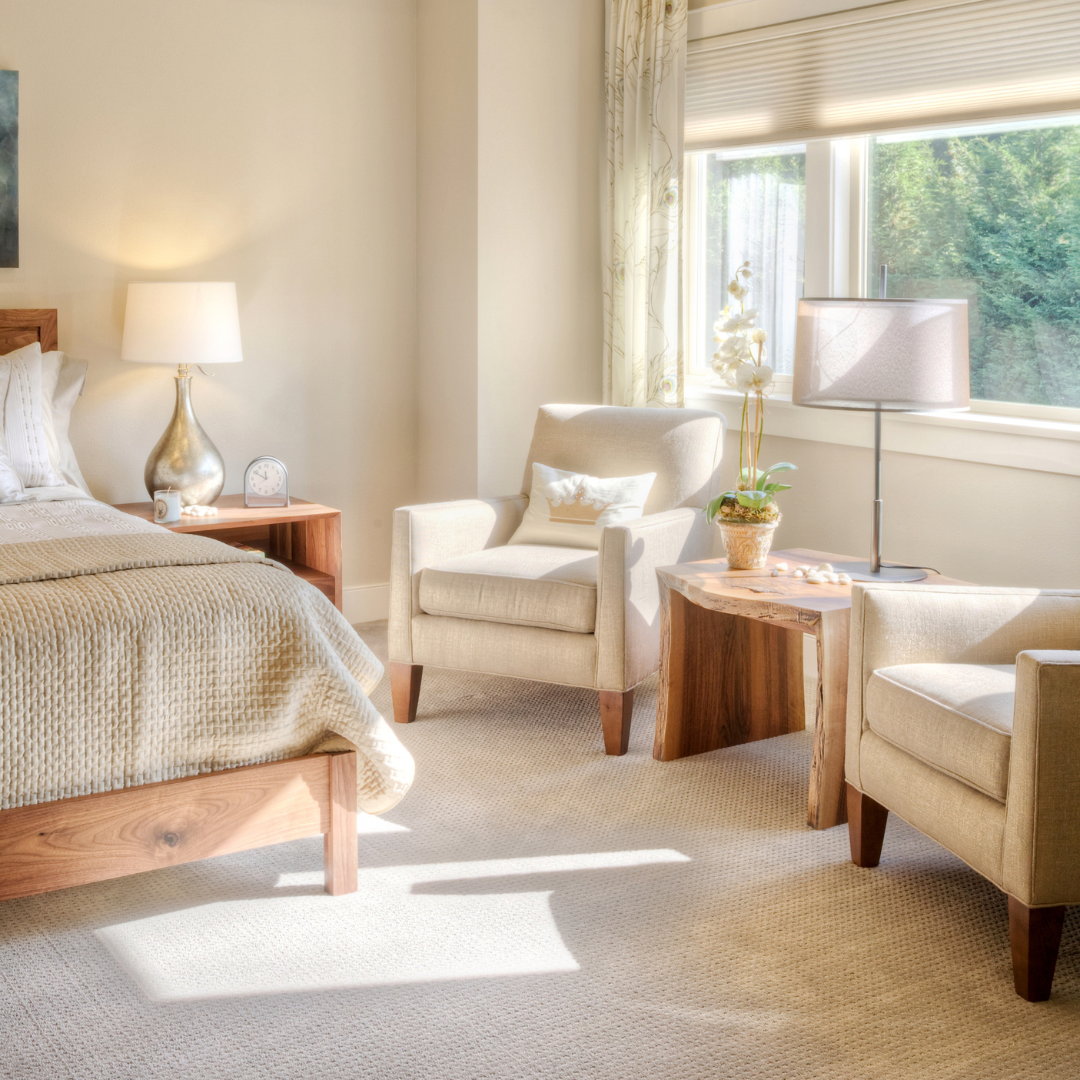
Adaptable Living: Embracing the Versatility of Modular and Multifunctional Furniture
Share
In the ever-evolving landscape of interior design, a notable trend has emerged — the rise of modular and multifunctional furniture. These versatile pieces are redefining the way we view and utilize our living spaces. In this comprehensive exploration, we'll delve into the world of modular and multifunctional furniture, examining the benefits, design innovations, and the transformative impact on contemporary living.
Introduction to Modular and Multifunctional Furniture
The concept of modular and multifunctional furniture revolves around adaptability and efficiency. Unlike traditional furniture that serves a single purpose, these pieces are designed to be flexible, offering various configurations and functionalities. From modular sofas to coffee tables with hidden storage, these innovations cater to the dynamic and ever-changing needs of modern living.
Space Optimization and Flexibility
One of the primary advantages of modular and multifunctional furniture is its ability to optimize space. In an era where urban living often means dealing with limited square footage, these pieces provide a solution. Modular sofas, for instance, can be rearranged to fit different room layouts, while multifunctional tables can serve as a dining space, workspace, or storage unit depending on the need. This adaptability is a game-changer for those looking to make the most of their living spaces.
Creative Configurations and Personalization
The beauty of modular furniture lies in its creative potential. Homeowners are no longer bound by the fixed configurations of traditional setups. Modular pieces can be rearranged and combined in countless ways, allowing for personalized configurations that suit individual tastes and preferences. This creative freedom empowers users to transform their living spaces into dynamic environments that evolve with their changing needs.
Sustainability in Design
As sustainability becomes a central concern in consumer choices, the design ethos of modular and multifunctional furniture aligns with eco-friendly principles. These pieces often utilize sustainable materials and prioritize resource efficiency. Additionally, by providing furniture that can serve multiple functions, manufacturers contribute to a reduction in the overall demand for furniture, minimizing waste and promoting a more sustainable approach to consumption.
Modular Storage Solutions
Storage is a perennial challenge in many homes, especially smaller ones. Modular storage solutions offer a stylish and practical answer to this dilemma. From modular shelving units to stackable storage cubes, these pieces can be customized to fit the available space while providing an organized and clutter-free environment. The adaptability of modular storage ensures that it can grow or shrink along with the changing needs of the user.
Transformative Furniture for Small Spaces
For those living in compact apartments or tiny homes, the transformative nature of modular and multifunctional furniture is particularly beneficial. Foldable tables, sofa beds, and wall-mounted desks are just a few examples of space-saving innovations that allow residents to maximize their living areas without sacrificing style or comfort. These pieces showcase how thoughtful design can overcome spatial constraints and enhance the functionality of even the smallest spaces.
Innovations in Multifunctional Seating
Multifunctional seating goes beyond the traditional roles of chairs and sofas. Today, we see designs that incorporate hidden compartments for storage, built-in tables, or even convertible features that turn a chair into a bed. These innovations not only save space but also offer a level of versatility that adapts to various activities and scenarios, from casual lounging to hosting guests.
Modular Furniture in the Workplace
The adaptability of modular furniture extends beyond residential spaces to the workplace. In modern office design, where flexibility and collaboration are paramount, modular desks, workstations, and meeting room furniture play a crucial role. The ability to reconfigure office layouts to accommodate changing work dynamics enhances productivity and promotes a dynamic and collaborative work environment.
Challenges and Considerations
While modular and multifunctional furniture offer a myriad of benefits, there are challenges to consider. Assembly complexity, compatibility issues, and cost can be factors to navigate. However, the industry is actively addressing these challenges through user-friendly designs, standardized connectors, and a range of price points to make these innovative pieces accessible to a broader audience.
The Future Landscape of Interior Design
In conclusion, the prevalence of modular and multifunctional furniture marks a paradigm shift in how we conceive and utilize our living spaces. As design philosophies evolve to meet the demands of contemporary living, these versatile pieces are at the forefront, offering solutions that harmonize with the dynamic nature of modern life. The future of interior design is undoubtedly intertwined with the adaptability, creativity, and sustainability that modular and multifunctional furniture bring to our homes and workspaces.
